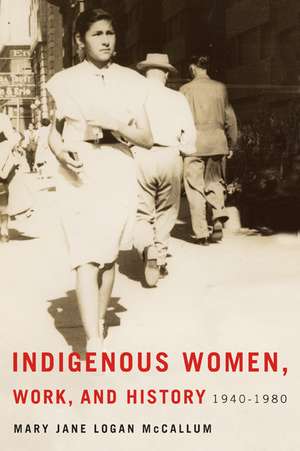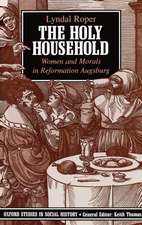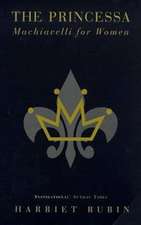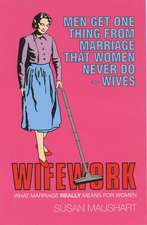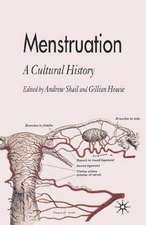Indigenous Women, Work, and History: 1940-1980: Critical Studies in Native History
Autor Mary Jane Logan McCallumen Limba Engleză Paperback – 31 ian 2013
When dealing with Indigenous women’s history we are conditioned to think about women as private-sphere figures, circumscribed by the home, the reserve, and the community. Moreover, in many ways Indigenous men and women have been cast in static, pre-modern, and one-dimensional identities, and their twentieth century experiences reduced to a singular story of decline and loss. Indigenous Women, Work, and History rejects both of these long-standing conventions by presenting case studies of Indigenous domestic servants, hairdressers, community health representatives, and nurses working in “modern Native ways.” By placing the history of these modern workers within a broader historical context McCallum challenges us to think about Indigenous women’s history in entirely new ways.
| Toate formatele și edițiile | Preț | Express |
|---|---|---|
| Paperback (1) | 185.85 lei 3-5 săpt. | |
| University of Manitoba Press – 31 ian 2013 | 185.85 lei 3-5 săpt. | |
| Hardback (1) | 497.06 lei 6-8 săpt. | |
| University of Manitoba Press – 16 mai 2014 | 497.06 lei 6-8 săpt. |
Preț: 185.85 lei
Nou
Puncte Express: 279
Preț estimativ în valută:
35.56€ • 38.75$ • 29.97£
35.56€ • 38.75$ • 29.97£
Carte disponibilă
Livrare economică 02-16 aprilie
Preluare comenzi: 021 569.72.76
Specificații
ISBN-13: 9780887557385
ISBN-10: 0887557384
Pagini: 288
Ilustrații: 12
Dimensiuni: 152 x 229 x 23 mm
Greutate: 0.5 kg
Ediția:1
Editura: University of Manitoba Press
Colecția University of Manitoba Press
Seria Critical Studies in Native History
ISBN-10: 0887557384
Pagini: 288
Ilustrații: 12
Dimensiuni: 152 x 229 x 23 mm
Greutate: 0.5 kg
Ediția:1
Editura: University of Manitoba Press
Colecția University of Manitoba Press
Seria Critical Studies in Native History
Notă biografică
Mary Jane Logan McCallum is Assistant Professor in the Department of History at University of Winnipeg. She is currently a CIHR New Investigator with the Manitoba Network Environment in Aboriginal Health Research.
Descriere
When dealing with Indigenous women’s history we are conditioned to think about women as private-sphere figures, circumscribed by the home, the reserve, and the community. Indigenous Women, Work, and History rejects these long-standing conventions by presenting case studies of Indigenous working in “modern Native ways.”
